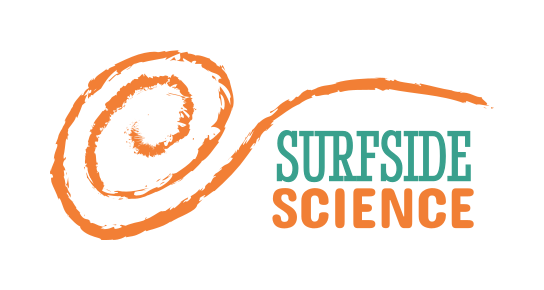We are seeking (a) partner(s) to support the Surfside Science project with electrical engineering services to build low-cost replicable environmental monitoring stations for a contract duration of 24 weeks during the project ending in July 2023.
The project is funded by the European Union and seeks to validate methods for monitoring of air quality, water quality, and mapping of coastal environments. Every piece of the project should be documented for replication, and content should be licensed as open source to facilitate this. The project will develop and share products and methods that can be used by other communities to monitor their local environment, collect and share data.
From the project proposal, the description of activities related to the required electrical engineering services are as follows:
(1) Environmental monitoring desk research, review, construction, testing – In this period a team of electrical engineers (including two visiting experts) and developers will research and build a set of open source solar powered stations to monitor air quality (particulate matter, temperature, humidity) and ocean quality (pH, dissolved oxygen, temperature, conductivity), that can continuously measure and upload to an online database.
Validated protocols, code, and instructions will be carefully documented and uploaded to GitHub for replication and adaptation, and documentation of any methods that are not validated will be carried out to inform future research. Documentation will cover not only data collection methods, but also the database tools for data storage, analysis, and presentation. Each team will be responsible for their own methods, with a collaborative peer review process between teams and with other local and foreign scientists that are willing to help, including lecturers and PhD candidates from the University of Aruba.
The parameters to be monitored are listed below.
Air Quality: Particulate matter PM1.0, PM2.5, PM10.0 (μg/m3), relative humidity (% saturation) and temperature (°C)
Water Quality: acidity (pH), dissolved oxygen (mg/L), temperature (°C), and electrical conductivity (μS/cm)
Systems should be designed building on previous work making use of the Arduino programming platform and low-cost probes to maximize replicability and support.
Previous work on air quality monitoring is documented on the project website here: https://science.brenchies.com/air-quality/
Previous work on water quality monitoring is documented here: https://science.brenchies.com/oceanph/
The engineering process will need to align with the software engineering team to connect to and upload measured data to a central database, as well as with the scientific validation team to conduct validation experiments comparing collected data with that of collocated reference meters, and to incorporate test results to improve monitor accuracy where possible.
A signed sworn declaration, linked here, is required for any contracted organization.
More information about the project is available on our website here, and the initial proposal is in the project document here.
Please submit inquiries and proposals by email to science [at] brenchies [dot] com
